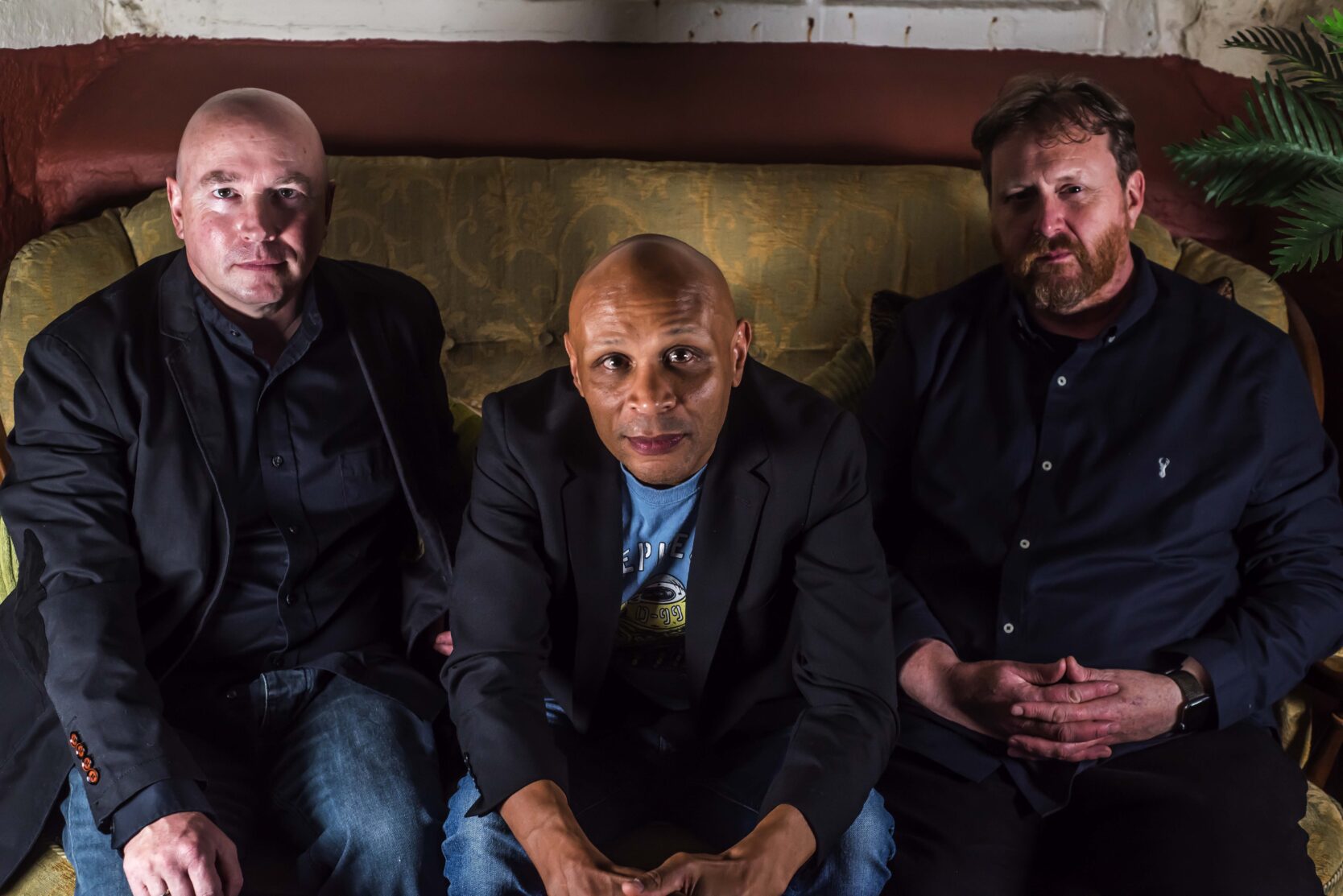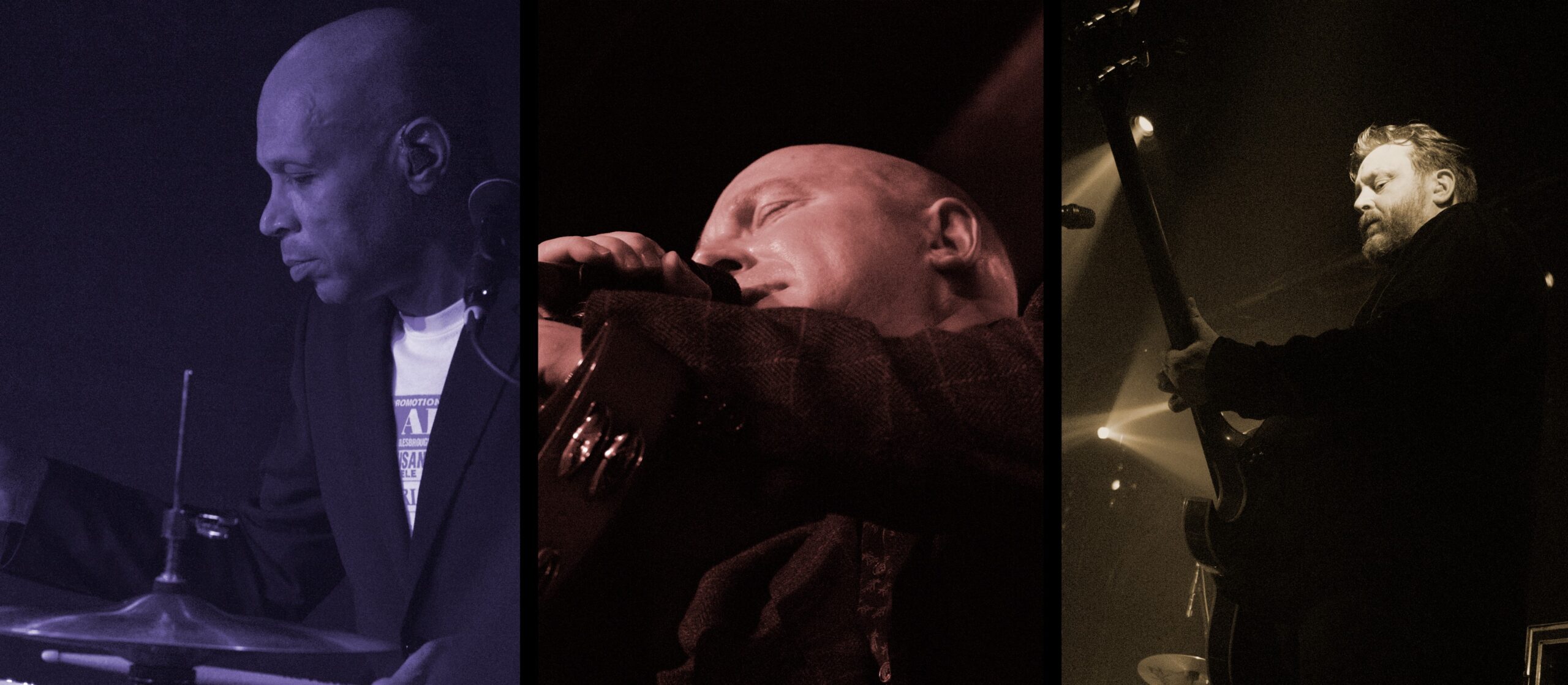Three decades ago, The Boo Radleys made a psychedelic masterpiece that was hailed by NME as one of the top albums of 1993. Their next album spawned a sunny Britpop hit and rose to No. 1 on the U.K. album charts, and the next one was rumored to have influenced Radiohead. So why is the band so overlooked today?
“I think we just confused people,” says lead singer Simon “Sice” Rowbottom on the eve of the band’s first album in 23 years.
Sice observes that the Boos’ willingness to transcend genre—originating as a My Bloody Valentine-inspired shoegaze outfit; melding roaring guitar with eclectic instrumentation and avant-noise psychedelia on 1993’s extraordinarily potent Giant Steps; then being labeled a Britpop act with 1995’s Wake Up!—left critics and fans unsure how to categorize the group. In England, the band remains beloved by fans (witness The Quietus describing Giant Steps as “that decade’s White Album”), but in America, their name often draws blank stares.
Since the group’s 1999 split, Sice has had a second career as a psychologist while creating music on the side. For years, his work colleagues didn’t even realize he was a rock star. “They would see me as a psychologist, and then some guy in the Boo Radleys had the same name,” Sice says. “They just wouldn’t put the two together.”
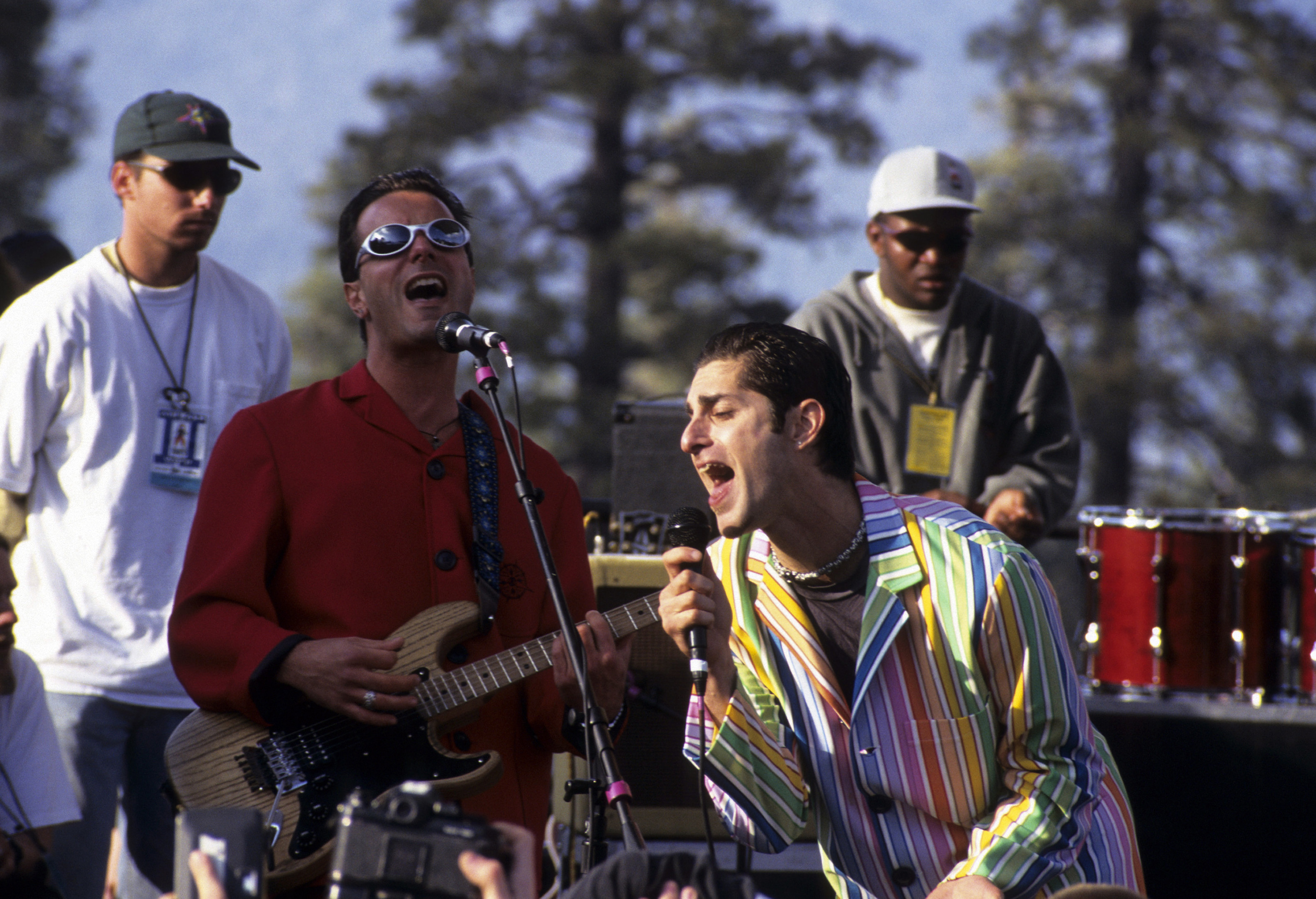
Also Read
30 Overlooked 1993 Albums Turning 30
The Boos’ new album, Keep on With Falling, emphasizes the pop smarts that were always at the core of their noise-addled explorations. It is their first record since 1998, and also their first without the involvement of guitarist Martin Carr, who was long the band’s primary songwriter but is notably absent from the reunion. Instead, Sice and bassist Tim Brown step forward as a songwriting presence.
Carr, meanwhile, has pursued an avid solo career and recently launched a subscription project on Bandcamp, where he has released 21 tracks since January. “I have no interest in joining them,” Carr tells SPIN. “I have my own thing. Last year I toured with The Charlatans with a new band, What Future. I’ve struggled with mental health for many years, but I seem to be on the right meds and I’m as creative and productive as I ever was.”
On a recent Zoom call, we chatted with Sice about the band’s legacy and surprising reunion. We separately gave Martin Carr a chance to comment regarding his absence; his statement, provided over email, appears in italics below.
SPIN: Why now? Why make another album as Boo Radleys? What took so long?
Simon “Sice” Rowbottom: When we split up at the end of the ’90s, we kind of thought we were done. There’s been occasional talks about doing things again. It just never happened. Tim’s been retrained as a teacher. I’ve retrained as a psychologist.
I saw Tim a couple years ago at my 50th birthday party. We got chatting again and said, “Should we do something?” It just happened this time in a way it didn’t happen before. A lot of it is due to the ease of technology now—we can swap files very easily. We haven’t got young kids anymore. The kids are all off at university. Suddenly, we had time. There was no big idea about becoming the Boo Radleys again when we started doing songs. We just wanted to make music again. And then it built and built and we ended up with a ton of tracks and then had to decide what to do with them. And then it was, “We’ll end up doing it as the Boo Radleys.”
A lot of ’90s bands reunite for a festival or tour, and then they’ll think about writing a new album later on. But you did that in reverse. You wrote a new album first.
Ten years ago, we were getting offers to reform and Martin [Carr] was emailing me, saying, “We’ve had this offer, we’ve had that offer.” But it just didn’t fit at the time. We had child commitments. We had jobs. So when we came back together, it really was just about the music. The whole live thing, the nostalgia thing, never really interested us.
Martin Carr is not involved in the new record. Why isn’t he part of the new iteration of the Boo Radleys?
Me and Tim started to do this music together, which was something we’d always wanted to do. Because the history of the Boo Radleys stretches back further than when we started making records. Me and Tim used to write a lot of songs. As the record-making started to happen—I still don’t really know why—Martin kind of took over. It became a vehicle for his songs. But it was never originally that. I think part of the reason why we wanted to do this again is that me and Tim felt there was a bit of unfinished business.
When we ended up with these songs, it was a case of, “Well, what do we do with them?” We started toying with the idea of whether it should be solo stuff for me. One thing we definitely didn’t want to do was be the Boo Radleys—until I had an email conversation with Martin. Martin basically said, “Just call yourself the Boo Radleys if you’re gonna go out and do stuff.” So that was fine. Then I went to him and said, “We’ve got this stuff, do you want to be involved?” and he said no. We were always used to a very different way of working, which was he would bring the songs in demo form and everything would flow down from that. He’s been a solo artist for 20 years. So I don’t think he was very keen on coming in and doing it at the stage it was at. I think he likes to be in control of everything, really.
We did want to do something about this that was different. And the fact that it’s me and Tim and Rob’s songs makes it a big difference.
So you did invite Martin to be part of the new album and he declined?
Yeah. I think Martin feels he wasn’t invited. But he was. I just don’t think he was invited at the right stage for it. What didn’t happen was, “Right, we’re getting the Boo Radleys back together. Let’s all get back together and start working how we used to work.” I think he wasn’t invited at the right time, which is why he didn’t want to be involved.
Martin Carr: I didn’t know there was a reunion until they’d already decided to do it. Sice had told me they were recording but that it wasn’t a reunion (I already knew they were in the studio because it had been on Twitter). He was keen for us all to meet up and talk it through, but I didn’t see what there was to talk about. This was after they’d made the album and got themselves a label and manager. Sice asked if I minded if he used the name and I told him that I’d gone 20 years without using it and I didn’t see why he should start now so, yes, I very much minded. Weeks later he got back in touch and told me he was doing it anyway. The other two have never contacted me. I’ve heard bits of the record, it’s not really my thing.
When I listened to the new album, the first thought I had was that it sounds more like Wake Up! than your other albums. It kinda has that uptempo Britpop feel.
[Laughs] I’m not gonna take it as an insult, but I really don’t like Wake Up! as an album. I think it’s our worst album by far.
Really? Because of how poppy it is?
I just don’t think it’s a very strong album. There are a couple of good tracks on it. I love “Wilder.” I like “Twinside.” I think the rest isn’t very strong. And there’s some terrible stuff on there as well. It’s by far my least favorite album. For me, that’s where it didn’t do what it set out to do. It set out to be a 12-song shiny pop album. I think Martin had difficulty sticking with that. So we had lots of off-the-wall tracks on there—you’ve got “4am Conversation” and “Martin, Doom!” and “Charles Bukowski Is Dead” and these things that just don’t sit right to me.
Maybe it is the pop sensibility that fits. What drives me and Tim is a pop sensibility. I’ve always been a lover of pop music—Human League, Duran Duran, Howard Jones. I’m a huge George Michael fan. That’s what we were tempted to do on Wake Up!, and possibly that’s what’s showing through on this album.
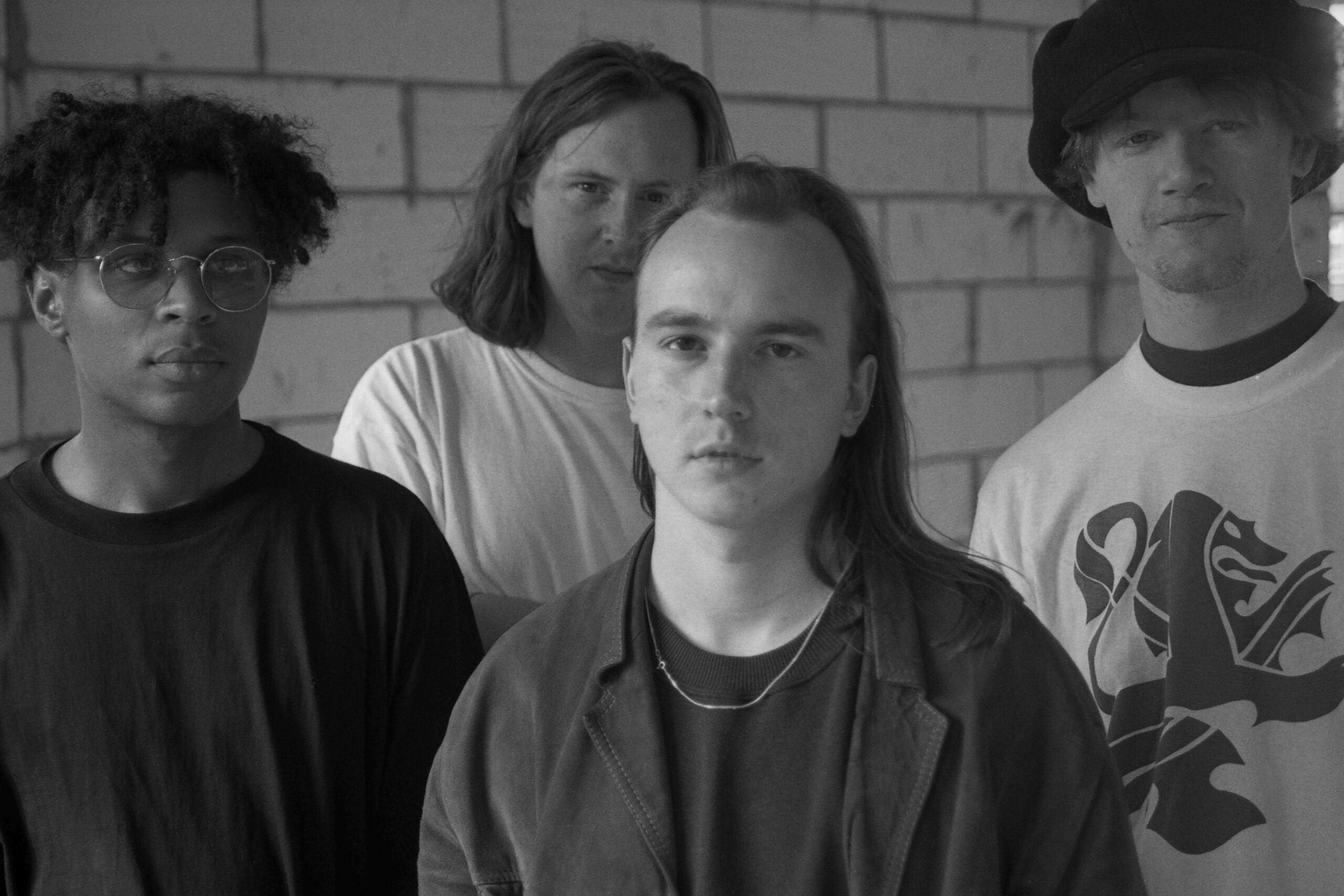
A lot of people associate the band with “Wake Up Boo!” Did that bother you? Were you resentful of the fact that that whole album wasn’t really representative of what Boo Radleys sounded like?
I think we were disappointed more than anything else. Giant Steps was very critically lauded and people felt it was good, but it didn’t sell very many. We hadn’t hit the charts. Then we got this push from Creation Records: “You’ve gotta write something more commercial.” So we did. And at the time, that was great.
Then we thought we could almost bring the two together. We could make something like C’mon Kids that was creative and adventurous and eclectic and people would follow us to it. One, they didn’t. And two, it was seen as an attempt to—I dunno—somehow get rid of fans. And it was never any of those. We were just really disappointed: “Oh. So people actually don’t want to hear us as a band being experimental. They just want to hear that shiny, poppy stuff.”
C’mon Kids has a much harder edge to it. But it’s a brilliant album.
It’s my favorite. I like the adventurousness and eclecticism. It’s the one I like listening to the most, I think, because it always surprises me. It keeps me fresh. I love Giant Steps. But there are sections of it that I kind of can’t tell the difference between some of the songs. Whereas C’mon Kids, each song is its own mini-opera.
With the success of Wake Up!, you guys got lumped in with the Britpop movement. But your music was much more noisy and aggressive. Do you feel like Britpop was a misnomer for the band?
We did get sucked into it. At the time, we took it and rode it for all it was worth. Not in a deliberate way. But we felt, look, we’re getting a lot of exposure. We’re getting TV shows, we’re getting Top of the Pops—who’s to complain? At the time, there would have been no point in us being churlish about it and saying, “No, we’re not gonna do this thing because it’s too Britpop.” We were just grateful for the exposure.
Part of the reason we always suffered was because we couldn’t be pigeonholed very easily. We did change. We did adapt. The first two albums, and even Giant Steps, were very much from a different place. They were very much in line with Dinosaur Jr. and My Bloody Valentine. It was only this one album that we drifted into the Britpop thing. That was really because people saw us as this artsy Velvet Underground kind of band. We wanted to say, “We actually love pop music as well.” Wake Up! was an attempt at that, but it was so far off the mark that it all got a bit confused.
There’s a curse when a great band has one big hit that’s not particularly representative of the rest of their work. Many people got the wrong idea about the Boo Radleys because of “Wake Up Boo!”
They did. And we made the record, so not to blame [anyone], but there was a lot of pressure about us getting in the charts. Before “Wake Up Boo!” [Creation Records] was trying to release singles on the back of the critical success of Giant Steps. They rereleased “Lazarus” to try and get it into the charts. And it still didn’t.
I wasn’t there, but Martin says the thing that came from it was a conversation with [Creation head] Alan McGee saying, “You’ve gotta write something poppy to get into the charts.” So we did. And it was almost too successful. If it had been something less overtly poppy, a bit more like us, then it might not have been an issue. But then I might not be doing this now. Over the past 25 years, people know who we are because of “Wake Up Boo!”
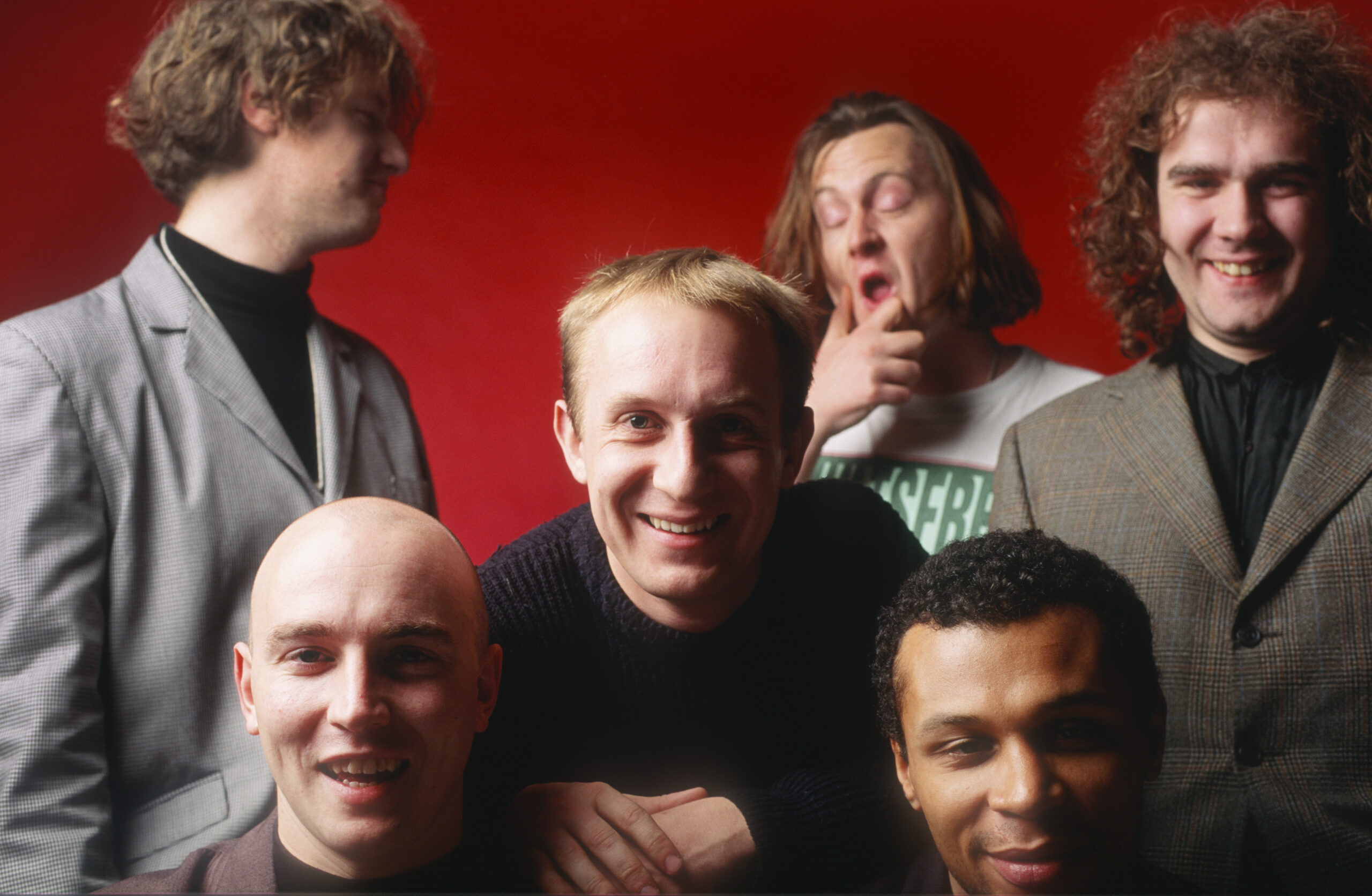
When you recorded C’mon Kids, was the label concerned that it was more abrasive? Did they try and stop you from putting it out?
I think they were pleased with it. I don’t remember there being any concern whatsoever. I think everybody was just disappointed, really, by the way it was greeted. Something was just dwindling.
If you look at the Wikipedia page for C’mon Kids, it says Radiohead heard the album while recording OK Computer and they were so inspired that they “went back to the drawing board.”
If it’s true, it’s very, very flattering. But I have not heard that before.
I think we were doing similar-ish things. And that’s what was so disappointing for us. OK Computer obviously is a fabulous record. But [by] the same token, I don’t think C’mon Kids is that much worse. “Paranoid Android” and, for example, “Four Saints” I feel are almost long-lost cousins.
(Note: SPIN reached out to longtime Radiohead producer Nigel Godrich to ask about the claim that Radiohead “went back to the drawing board” after hearing C’mon Kids. A representative for Godrich says: “I checked with Nigel on this and it’s actually not true.” Whether any members of Radiohead were individually inspired by Boo Radleys is unclear, though presumably quite possible.)
You were ahead of Radiohead in some ways. There are some industrial textures and electronic beats on C’mon Kids, and that was four years ahead of Kid A.
We wanted to try stuff. I honestly think we had a real image problem in that people just didn’t know what we were. Alan McGee, of Creation Records—he didn’t know what we were! He didn’t get us. He kept trying to say, “You’re this, or you’re this, or you’re this.” He just never ever got it. And in the end, he basically decided that he just didn’t like us.
How did Alan McGee express that to you?
To be fair, at the time we were still together, he didn’t. I think afterwards, the quote is that “Wake Up Boo!” is “an atrocity exhibition.” I think him and Martin fell out. There were two people that ran Creation Records; one was Alan McGee and the other was Dick Green. And we were Dick Green’s band. Dick Green understood what we were trying to do and was always very supportive. He understood what we were. Alan didn’t. Alan would come down to the studio and he’d listen to something and you knew he just never quite understood what we were about.
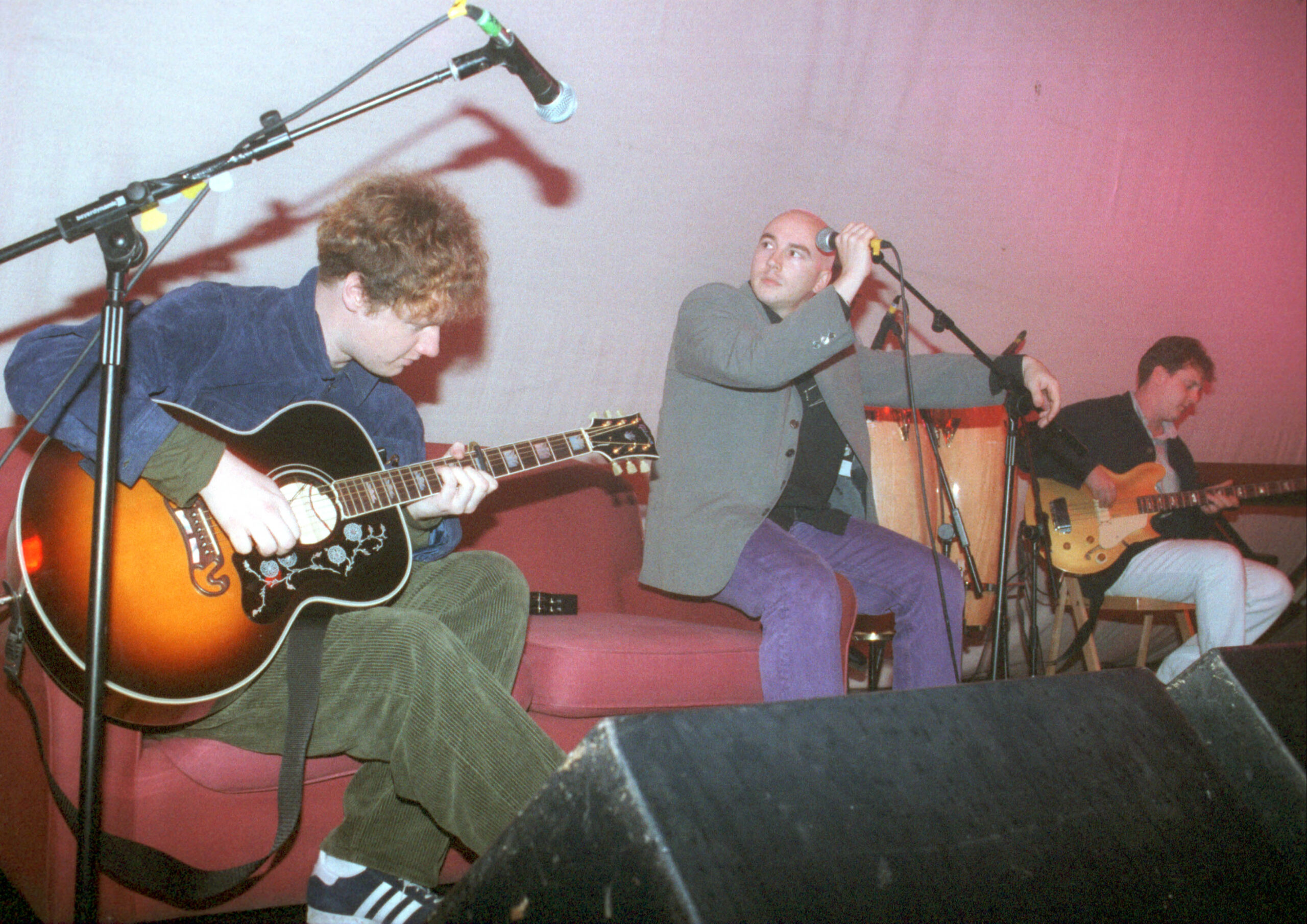
When I got into the band, it seemed like Kingsize had a reputation for being a disappointing final album. When I finally bought it, I was surprised by how good it was.
For me, it’s difficult to disentangle the album from what was going on at the time. The band split pretty much as it was released. Looking back, I think it’s a really good album. It’s probably my second favorite. If there was an album that the new one, Keep On with Falling, is closest to, I kinda feel it’s Kingsize. Maybe because Kingsize was far more of a Tim album. Tim’s always been the guy who understands the studio. That was really his album.
The difficulty was, it sounds tired to me. I remember us all just being very, very tired. We’d been at it since school, so at that point for over 10 years. We just needed a hiatus. I think we probably didn’t need to split up. We needed to say, “Let’s just leave it for a few years. Let’s just go off, do our own thing, and then maybe come back.” But we didn’t believe in that. We always believed in, you split, you split. Martin suggested it. When he suggested it, I realized how much I wanted it as well.
I read an old interview where you said that when Martin called you and said he didn’t want to make any more records, you were so relieved.
What I feared was them just saying, “Well, we’ll just carry on with another singer.” I was really scared of that. I didn’t want to be replaced. So when Martin said, “I don’t want to do it anymore,” it was a big relief. I just didn’t want to do it at that time. I was hardly going down to the studio. It stopped being exciting. We’d sort of stalled. And we weren’t doing anything exciting, anything new.
You’ve spent a good deal of time reflecting on the Boos’ commercial failures. I want to spend a little more time talking about how much great music you made. Have you ever heard from younger bands influenced by Boo Radleys?
There’s a band called Electric Soft Parade—they were saying we were a huge influence. I think it’s really lovely to hear that. I think part of the problem as well is that we were never a very fashionable band. We weren’t a good band to namecheck.
You’re right, actually. It’s very easy to spend a lot of time looking back and saying the things that didn’t happen. But we’re very, very grateful for what did happen. Had a fabulous time throughout the ’90s. Had a fabulous time throughout our 20s. And [we have] a legacy of albums that actually are very good. There’s four or five albums there that we can be really proud of.

